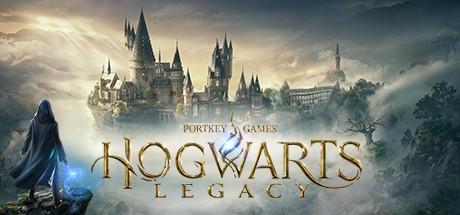For some people, being 21-years-old means carefree celebrations. For Irakli Kakabadze, 21 meant the age of taking action in a country being torn apart by systematic oppression. He joined Georgia’s National Liberation Committee.
Through Allegro! Kakabadze was the first author to address an infectious social disease, drug addiction, prevailing for so many living under Soviet rule in the late 1980s. After years of activism and four arrests, Kakabadze was exiled from Georgia and taken in by Cornell University where he has since shared his real-world experience with a new generation of socially conscious students.
Robert Morris University welcomes him for the spring as this semester’s Rooney Scholar.
“The first time a small scale massacre happened was in Georgia – before Tiananmen Square,” Kakabadze stated. “April 9th, 1989, that’s when the Russian army came in and crushed peaceful demonstrators. 20 people were killed and I myself was battered.”
Kakabadze has lived through an extremely turbulent time period in world history, and has been an active participant in shaping how the events unfolded.
Kakabadze is a pacifist, meaning he advocates non-violence above all other forms of protest. It is easy to understand why he takes such a position. It was when violence from the Soviet states became widespread that the Soviet power began to fall into disarray.
“Violence kills all kinds of liberation movements and violence kills empires,” Kakabadze said.
Kakabadze’s cultural output is as hard-hitting as it is diverse, with work ranging from poetry and short stories to novels and even spoken word. Presently, he is hard at work on a polyphonic – many voiced — novel to be released exclusively through the Internet.
“Art is for transformation of the life,” Kakabadze explained. “The best way to manifest this is in the polyphonic discourse. Our point is to have all kinds of voices coming together and creating a new reality. We are living in a world of six billion people and the majority of those people are never heard.”
Indeed, flipping through the draft allows one to see multiple languages and contributions from a truly diverse canvas.
“It’s not just one narrative that we are pursuing,” explained Kakabadze.
Prior to arriving in America, Kakabadze had already experienced a taste of American culture, being raised on jazz music legends such as Ella Fitzgerald and Louis Armstrong.
While this image of America still holds very strongly to him, upon arriving he began to realize that the spirit of this music had simply continued into a new time period.
“It was an incredible sense of solidarity and camaraderie,” he spoke on his experience of seeing Bob Dylan and Jerry Garcia in concert. “That’s when I understood America is home to another culture, a counterculture.”
Kakabadze’s influence on Georgian culture is very significant, as Allegro! opened doors for both writers and filmmakers alike to speak on a once taboo subject in Georgia, narcotic drug abuse amongst the populous.
“Lots of my friends and relatives were taking drugs and some of them were taking hard drugs,” he said. “This was a horrible tragedy.”
However, Kakabadze believes that art is a transformative experience that can lead to liberation. Indeed, Allegro! jolted Georgian society to at last confront the evils that had ultimately resulted from Soviet oppression.
Since then, his poetic and narrative works have continued to evoke alternative nodes of thought. One glance at a YouTube comments page for any of his spoken word performances can attest to this inspiration.
“Do not limit yourself. Do not impose. Do not repress yourself. We cannot repress ourselves,” Kakabadze said. “In some ways, good writing is getting freedom from the established patterns. I think every human being is capable of overcoming these limitations.”








